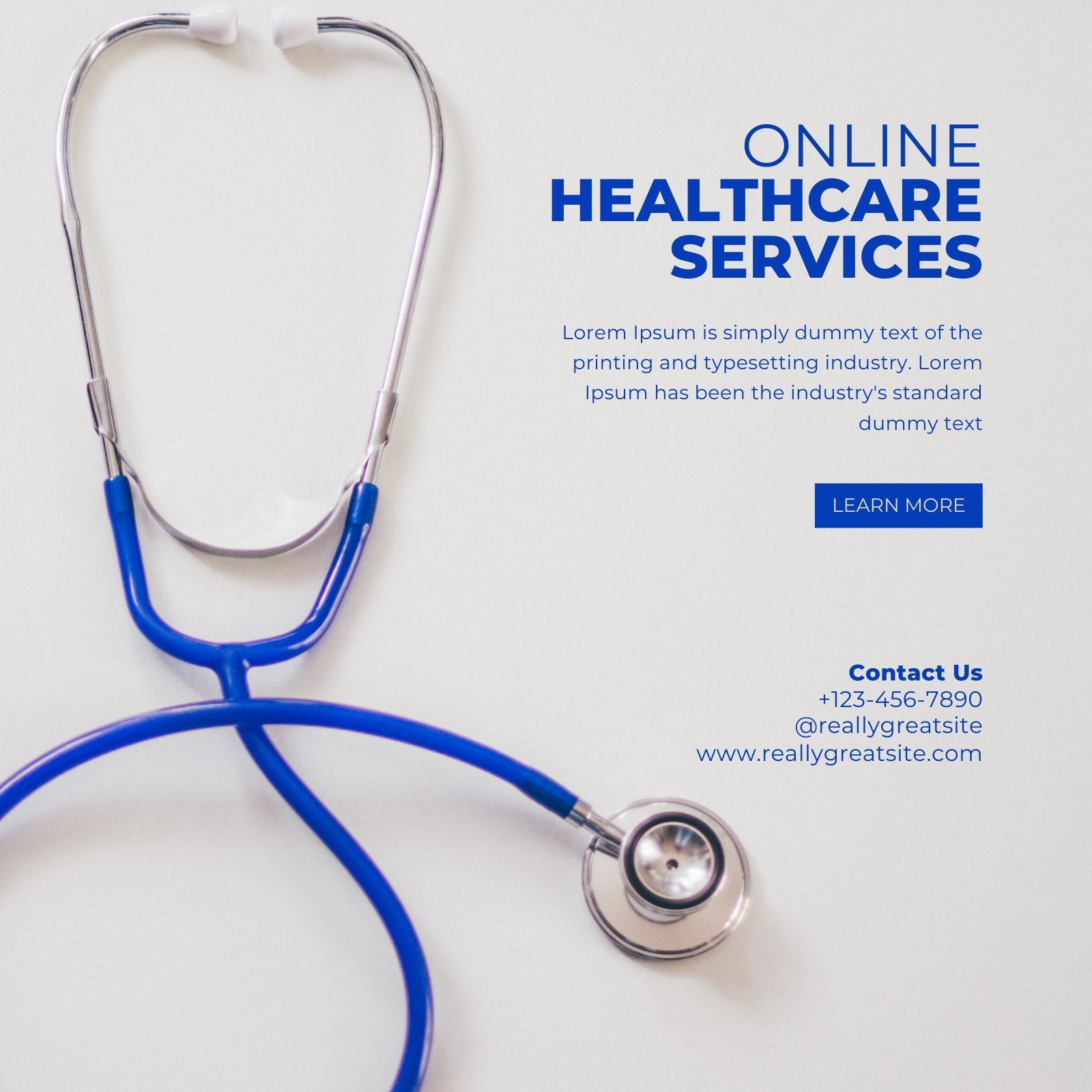A Comprehensive Guide to Subscription Based Healthcare: What You Required to Know
A Comprehensive Guide to Subscription Based Healthcare: What You Required to Know
Blog Article
Navigating the Future of Medication With Subscription-Based Medical Care Provider
As the health care market evolves, subscription-based services emerge as a critical version assuring to reshape person care shipment. With the possible to offer structured, affordable solutions via predictable rates and individualized interest, these solutions stand at the center of modern medical innovation. Yet, as we consider their rise, one must ponder the ramifications of integrating such systems right into existing health care frameworks. What challenges do they position in regards to information protection and fair access, and how might they redefine the patient-provider partnership? The answers to these concerns might essentially alter our technique to medical care.
Increase of Membership Medical Care
As healthcare systems around the globe face boosting pressures from increasing costs and need for solutions, the advent of subscription-based health care models has arised as a transformative trend. This ingenious approach is interfering with conventional medical care delivery by using a predictable, flat-rate settlement structure for medical solutions. Rooted in the principles of concierge medicine, subscription-based healthcare enables companies to concentrate on personalized person treatment while all at once managing functional efficiencies.
The raising consumer demand for openness and predictability in healthcare expenditures has actually driven the shift towards this design. Subscription-based solutions frequently offer direct access to healthcare experts, which can decrease the management burdens linked with insurance coverage claims and reimbursements.
This design is getting grip among diverse health care suppliers, from medical care doctors to specialized centers, by aligning economic incentives with continual and preventative care. By changing the focus from quantity to value-based treatment, subscription medical care has the prospective to reshape the landscape, promoting an extra lasting and patient-centered method to health management.
Benefits for Clients

Furthermore, subscription-based solutions usually highlight precautionary care, urging routine check-ups and health screenings. This aggressive strategy can bring about early detection of health issues, possibly boosting results and lowering lasting medical care costs for people. Additionally, such versions normally offer clear prices, permitting people to better recognize their medical care expenditures and prevent unexpected clinical costs.
The individualized nature of subscription-based healthcare likewise improves individual experience. Patients can obtain customized health care plans that match their particular needs, fostering a more patient-centric approach.
Modern technology's Function in Makeover

Expert system (AI) plays an essential function in anticipating analytics, assisting in very early medical diagnosis and tailored therapy plans. AI formulas evaluate vast datasets to identify patterns that may be ignored by human observation, therefore enhancing professional decision-making. In addition, electronic health and wellness records (EHRs) simplify client information management, making certain continuity and comprehensibility of treatment across numerous services and suppliers.
Blockchain technology boosts data protection and privacy, important for maintaining person depend on in digital systems. It allows transparent and safe and secure deals of clinical data, guaranteeing that delicate information continues to be protected. With the assimilation of artificial intelligence and AI, blockchain can automate complicated healthcare processes, lowering administrative worries.
Considerations and obstacles
While innovation moves the capacities of subscription-based health care solutions, it likewise introduces a set of difficulties and considerations that need to be addressed to make certain successful application. One substantial challenge is the equitable accessibility of these solutions.
Information personal privacy and safety stand for an additional essential consideration. Subscription-based services frequently involve the collection and storage of large amounts of personal health information. Suppliers need to stick to strict information defense policies to maintain individual trust and prevent unapproved access, which can cause considerable honest and lawful consequences.
Additionally, the sustainability of membership models presents a difficulty. As health care needs evolve, maintaining a go to this web-site cost-effective equilibrium in between registration fees and solution top quality is important to stop patient frustration and attrition. Moreover, integrating these solutions within try this web-site traditional medical care systems requires smooth interoperability between platforms, which is commonly a complicated and resource-intensive undertaking. Dealing with these challenges is crucial as subscription-based medical care services remain to develop and increase.
Future Implications for Medication
Subscription-based healthcare services are poised to substantially affect the future landscape of medication by reshaping how care is accessed and delivered. These models provide the prospective to democratize healthcare access, offering patients with more prompt and tailored treatments. By leveraging modern technology, such as telemedicine and information analytics, membership services can promote continual surveillance and customized health and wellness administration, thus improving results and minimizing the problem on standard healthcare systems.
As these services gain grip, they might stimulate a shift in the direction of preventative care, stressing the significance of early discovery and monitoring of persistent conditions. This positive strategy may inevitably lower health care costs by mitigating the demand for pricey therapies developing from late-stage disease monitoring. Moreover, subscription versions supply a scalable solution to resolve variations in healthcare gain access to, particularly in underserved or rural populaces.
However, the transition towards subscription-based designs demands attending to moral and regulatory considerations, including information personal Discover More Here privacy and equitable accessibility. As the industry develops, joint efforts between policymakers, modern technology developers, and health care service providers will certainly be important to developing durable frameworks that protect person interests while promoting advancement. Eventually, these solutions promise to contribute dramatically to a more reliable, patient-centered healthcare community.

Verdict
Subscription-based medical care solutions stand for a substantial development in the clinical field, supplying predictable costs and personalized care that improve availability and focus on precautionary steps. As the health care landscape develops, subscription designs are poised to play an important function in shaping the future of medication.
As the medical care market develops, subscription-based solutions arise as a crucial design guaranteeing to reshape person treatment shipment.As medical care systems around the world face boosting pressures from rising prices and need for solutions, the development of subscription-based medical care designs has arised as a transformative pattern (subscription based healthcare).With the rise of subscription-based medical care designs reshaping conventional healthcare distribution, clients are starting to experience considerable benefits from this cutting-edge method. As healthcare requires develop, keeping a cost-efficient balance in between membership costs and solution quality is essential to avoid person discontentment and attrition.Subscription-based healthcare services are positioned to substantially influence the future landscape of medicine by improving how treatment is accessed and delivered
Report this page